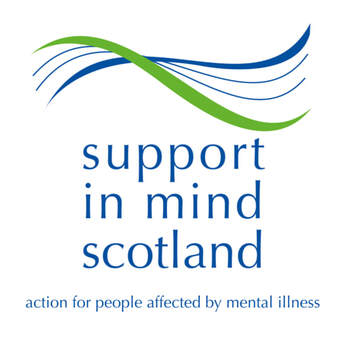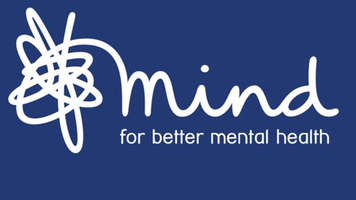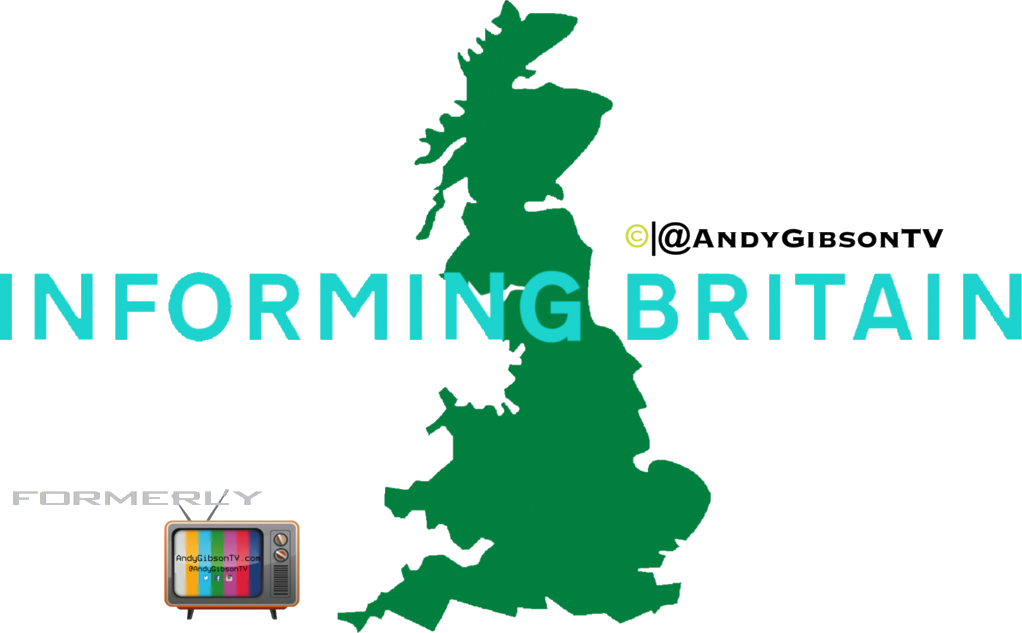Symptoms may include extreme sadness, low energy, anxiety, crying episodes, irritability, and changes in sleeping or eating patterns.
Onset is typically between one week and one month following childbirth.
PPD can also negatively affect the newborn child.
Postnatal Depression is suffered by a mother following childbirth, typically arising from the combination of hormonal changes, psychological adjustment to motherhood, and fatigue.
Postnatal Depression is a type of depression that many parents experience after having a baby.
It's a common problem, affecting more than 1 in every 10 women within a year of giving birth. It can also affect fathers and partners.
Many women feel a bit down, tearful or anxious in the first week after giving birth.
This is often called the "baby blues" and is so common that it's considered normal.
The "baby blues" do not last for more than 2 weeks after giving birth.
If your symptoms last longer or start later, you could have Postnatal Depression.
Postnatal Depression can start any time in the first year after giving birth.
Many women do not realise they have Postnatal Depression, because it can develop gradually.

PANDAS Foundation are also here to inform and guide family members, carers, friends and employers as to how they can support someone who is suffering.
PANDAS Foundation provide help to improve the lives of people affected by Pre (Ante) & Postnatal illnesses, for those living with Antenatal Depression, Postnatal Depression, OCD, Anxiety, Psychosis, their families and carers.

Support In Mind Scotland believe that every individual has the right to be valued, and to share in the opportunities, enjoyment, challenges, responsibilities and choices of everyday life.
That those who experience mental illness, and mental health problems, their families and carers and friends, are entitled to quality support in the community or in hospital, or in their own homes as they choose.
That those who need care and support should be enabled to play an active role in the decisions that impact on them.
That people affected by serious illnesses, like psychosis, have a specialised knowledge and expertise, which will be reflected in all that we do.
Support In Mind Scotland improve quality of life by working with people to have more opportunities.
Build confidence and social skills.
Be more connected to their families and communities.
Have more stable lifestyles by providing help with practical issues.
Be more physically well – exercise, diet, healthy eating.
Support In Mind Scotland assist people who are hard to reach and engage.
People with serious mental illness including schizophrenia.
People subject to compulsory treatment and compulsory measures – those who come through criminal justice who are not well.
People who have chaotic lifestyles due to historic factors, poverty and lifestyle choices.

MIND campaign to improve services, raise awareness and promote understanding.
MINDs support over 513,000 people across England and Wales.
Their services include supported housing, crisis helplines, drop-in centres, employment and training schemes, counselling and befriending.
Because of MIND, millions more people have access to advice and support thanks to their information and services nationally and locally, in England and Wales. They are actively building on change, but are aware that there is much more to do.
MIND is a charity and they rely on donations. They are very grateful to everyone who supports them financially. That’s why they are committed to being open about how they are funded and managed.
Over more than 60 years MIND has worked to improve the lives of all people with experience of mental health problems. Through public campaigns, government lobbying and more than 1,000 services our local MINDs have delivered in communities across England and Wales, they have touched millions of lives.
Their policy work influences government so that people with mental health problems can get the support they need and the respect they deserve.



 RSS Feed
RSS Feed
